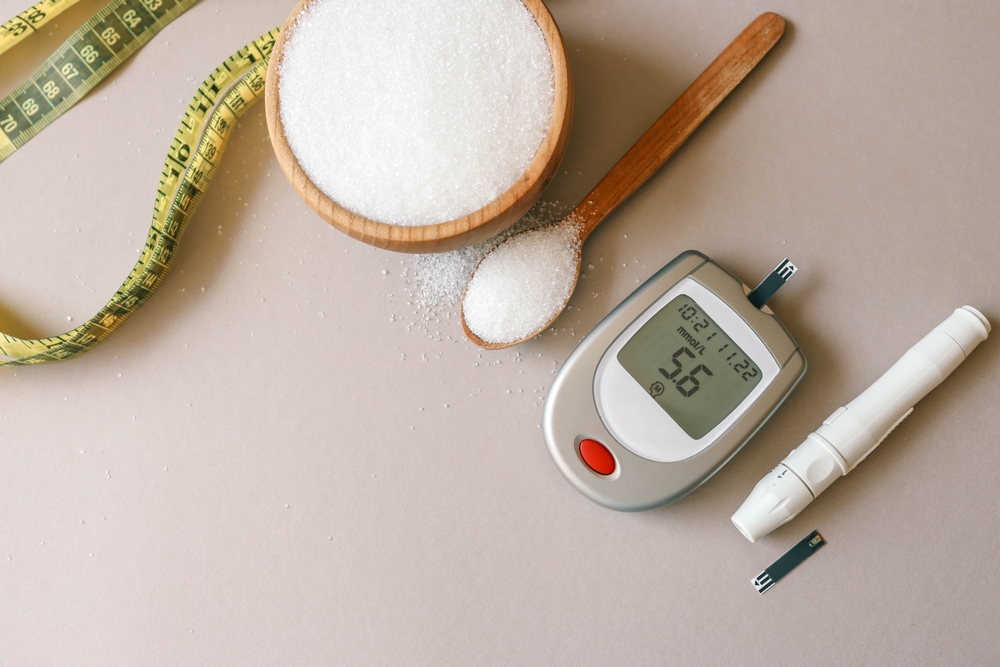Diarrhea is a common condition that most people experience at some point in their lives. While often a minor inconvenience, diarrhea can sometimes indicate a more serious underlying issue. Knowing the critical warning signs of severe diarrhea can be lifesaving. This article delves into diarrhea red flags to watch for, helping you understand when to seek immediate medical attention.
Identifying Diarrhea Emergency Symptoms: What to Look For
Understanding the emergency symptoms of diarrhea is crucial for timely intervention. Here are the primary signs to be aware of:
- Persistent High Fever: A high fever (above 102°F or 39°C) accompanying diarrhea can indicate a severe infection. Bacterial, viral, or parasitic infections can cause both diarrhea and high fever, signaling a need for urgent medical evaluation.
- Severe Abdominal Pain: While mild cramping is common with diarrhea, severe or persistent abdominal pain is a red flag. This could suggest conditions such as appendicitis, pancreatitis, or bowel obstruction, all of which require immediate medical attention.
- Blood in Stool: The presence of blood in your stool, whether bright red or black and tarry, is a severe symptom. It may indicate gastrointestinal bleeding, which can stem from conditions like hemorrhoids, diverticulitis, or inflammatory bowel disease (IBD).
- Dehydration Symptoms: Diarrhea can lead to significant fluid loss. Symptoms of dehydration include dry mouth, extreme thirst, dark urine, dizziness, and reduced urination. Severe dehydration is a medical emergency, especially in young children and older people.
- Persistent Vomiting: Frequent vomiting alongside diarrhea can quickly lead to dehydration and electrolyte imbalances. Persistent vomiting prevents adequate fluid intake and requires medical evaluation to avoid complications.
- Signs of Shock: In severe cases, diarrhea can lead to hypovolemic shock, a condition where severe fluid loss leads to decreased blood volume. Symptoms include rapid heartbeat, low blood pressure, confusion, and loss of consciousness. This is a medical emergency.
Serious Diarrhea Indicators: Key Signs You Shouldn’t Ignore
Recognizing serious indicators early can prevent complications. Here are additional signs to watch for:
- Weight Loss: Unintended weight loss, along with diarrhea, can suggest malabsorption or chronic conditions like celiac disease or Crohn’s disease. Continuous weight loss should prompt a visit to your healthcare provider.
- Chronic Diarrhea: Diarrhea lasting more than four weeks is considered chronic. Chronic diarrhea can result from various conditions, including infections, irritable bowel syndrome (IBS), and endocrine disorders like hyperthyroidism.
- Severe Fatigue: Severe fatigue, weakness, and diarrhea can indicate nutritional deficiencies or chronic diseases. Persistent fatigue warrants medical evaluation to determine the underlying cause.
- Mucus in Stool: Mucus in the stool can be a sign of infections or chronic diseases, like ulcerative colitis. It indicates inflammation in the intestines and should be evaluated by a healthcare professional.
Recognizing Severe Diarrhea Signs: When to Act Fast
Prompt action can be critical when dealing with severe diarrhea. Here are severe signs to act on immediately:
- Rapid Heart Rate: A rapid heart rate (tachycardia) can be a response to dehydration or electrolyte imbalances caused by severe diarrhea. This condition needs immediate attention to prevent further complications.
- Cold, Clammy Skin: Cold, clammy skin can be a sign of shock or severe dehydration. This symptom, especially if accompanied by dizziness or fainting, requires urgent medical care.
- Severe Dizziness or Fainting: Feeling severely dizzy or fainting can indicate dehydration or a severe underlying condition. Immediate medical attention is necessary to stabilize the patient and address the root cause.
Critical Diarrhea Symptoms: Early Detection Tips
Early detection of critical symptoms can save lives. Here’s what to look for:
- Persistent Diarrhea in Children: Children are particularly vulnerable to diarrhea due to their smaller fluid reserves. Persistent diarrhea in children should be addressed urgently to prevent severe dehydration and malnutrition.
- Inability to Keep Liquids Down: If you or a loved one cannot keep liquids down due to vomiting or severe nausea, the risk of dehydration increases significantly. Medical intervention is necessary to provide fluids and address the cause.
- Urgent Diarrhea Warning Signs: The Importance of Prompt Action: Knowing when to seek help can prevent minor issues from becoming emergencies. Here are urgent warning signs:
- Severe Diarrhea in the Elderly: The elderly are more susceptible to dehydration and complications from diarrhea. Severe or persistent diarrhea in older adults warrants prompt medical evaluation.
- Diarrhea After Travel: Diarrhea after international travel can be due to infections like traveler’s diarrhea, which might require specific treatments. If diarrhea persists after returning from a trip, seek medical advice.
How to Know if Your Diarrhea Requires Emergency Care
Determining the need for emergency care can be challenging. Use this guide to make an informed decision:
- Frequency and Volume: If you’re experiencing diarrhea more than six times in 24 hours or producing large volumes of watery stool, it’s time to seek medical help.
- Duration: Diarrhea lasting more than two days in adults or one day in children should be evaluated by a healthcare provider. Prolonged symptoms can lead to severe complications.
- Accompanying Symptoms: If diarrhea is accompanied by high fever, severe abdominal pain, or bloody stools, immediate medical attention is crucial.
Early Signs of Severe Diarrhea
Catching severe diarrhea early can make a significant difference. Here are early signs to be aware of:
- Gradual Onset of Symptoms: If you notice a gradual increase in the severity of diarrhea, it’s important to monitor other symptoms closely and seek medical advice if conditions worsen.
- Changes in Stool Color and Consistency: A healthcare professional should evaluate any significant changes in the color and consistency of your stool, especially the presence of blood or mucus.
Conclusion
Recognizing the red flags of diarrhea can be lifesaving. Understanding the critical warning signs and knowing when to seek medical attention ensures timely and appropriate care, preventing severe complications. Always err on caution and consult with healthcare professionals if you have any concerns about your symptoms.




